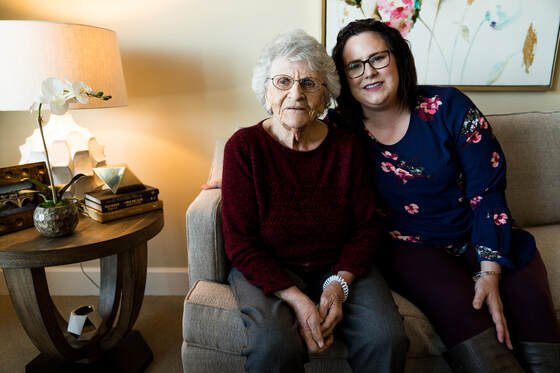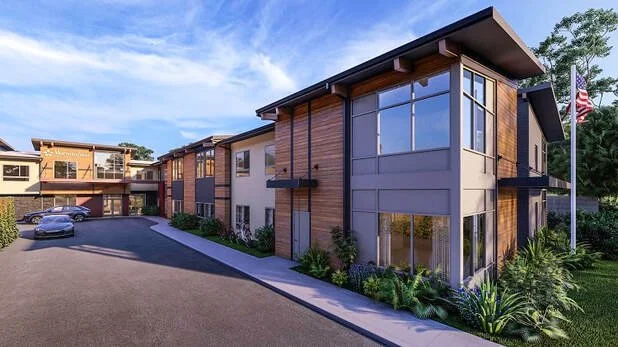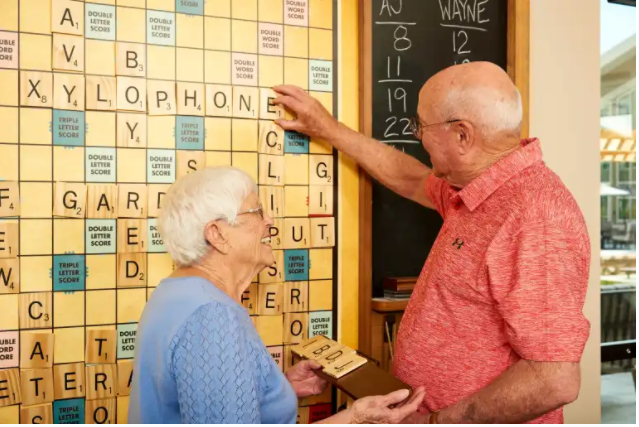Healthcare Providers Who Offer Help with Cognitive Problems
Experts say typically an individual’s memory problems start slowly and are initially only known to them. Dr. Martin Albers, assistant professor of neurology at Harvard Medical School, calls this stage “subjective cognitive decline, where the person senses that they’re having some cognitive issues with short-term memory and word-finding, particularly with proper names.” Other early signs include visual perception problems like confusing words or reversing numbers but are typically easy to work around and to live pretty normally.
When memory loss is caused by Alzheimer’s or another form of dementia, symptoms get progressively worse. Dr. Albers says it is important to be medically screened and your first visit should be with your primary healthcare provider. They can assess you both physically and mentally including doing a complete medical history, family history, social history, current medication list and a review of any loss of abilities with day-to-day activities.
You may be given a cognitive exam like SAGE (self-administered gerocognitive exam) or the MoCA (Montreal Cognitive Assessment). Blood tests typically include cholesterol, B12 and other markers to indicate how well your liver and thyroid are functioning as well as a CT scan or an MRI.
While Alzheimer’s disease is the most common cause of dementia, it is important to remember there are other things that may be causing memory problems such as strokes, heart, liver or kidney disease; diabetes and medications. Once a problem is identified, experts say the best doctors to add to your medical team are those with a special interest in cognitive disorders such as geriatricians or neurologists. The National Institutes of Health (NIH) provides a list of clinical trials that may offer some alternative options for treatment.
If a loved one suffers from Alzheimer’s or another form of dementia and needs more care than you can provide at home, MorningStar Memory Care at West Valley offers holistic dementia care families can count on. Please visit our website to learn more; we open to residents in the last quarter of 2022 and look forward to helping you reserve a suite.
Source: health.usnews.com/health-care/patient-advice/articles/which-doctor-should-i-see-for-dementia-and-cognitive-decline

















